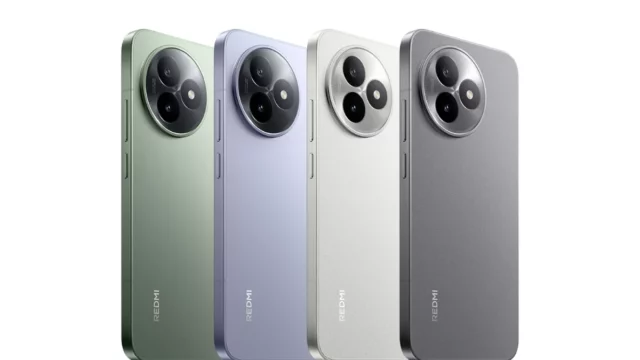The company’s updated WhatsApp Business API policy confirmed that popular chatbots like ChatGPT, Perplexity, and Luzia will be removed from the platform. The new rules will take effect on January 15, 2026.
With this change, Meta aims to maintain WhatsApp’s focus on communication between businesses and users. The updated API terms completely ban large language models and generative AI systems from accessing the platform.
Only Business-Focused Bots Will Remain
Meta stated that the ban only covers general-purpose chatbots, and that bots with enterprise functions such as customer support or order management will not be affected by this decision.
This means a restaurant’s ordering bot will continue to operate on WhatsApp. However, assistants that engage in direct user conversations, such as ChatGPT, Perplexity, or Luzia, will no longer be available on the platform.
A Meta spokesperson explained the rationale for this decision: “The WhatsApp Business API is designed to enhance businesses’ communication with their customers, not to distribute general chatbots.”
The company also stated that third-party chatbots have recently created high network traffic and technical support loads, impacting system stability.
With this move, Meta is completely transitioning the AI-based assistant experience on WhatsApp into its own ecosystem. Meta AI will now remain the sole official chat assistant on the platform.
Bots like ChatGPT, Perplexity, and Luzia will be completely removed from the system by the beginning of 2026.
OpenAI released the WhatsApp version of ChatGPT last year, while Perplexity launched its search-based assistant in early 2025. Both bots offered advanced features such as text, voice messages, and image creation.
Meta’s decision aims to both reduce infrastructure overhead and protect its revenue model from business messaging. It appears that WhatsApp will now work exclusively with Meta AI.
According to experts, this decision strengthens Meta’s closed ecosystem approach in its AI strategy. The company aims to maintain both data security and manage the user experience centrally. This situation seems to determine WhatsApp’s direction in the AI competition in the long run.













